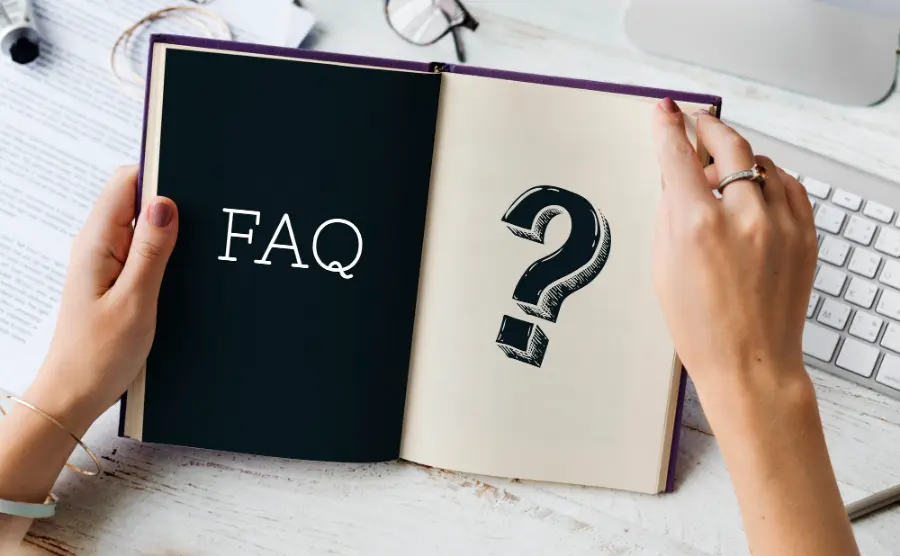Top 10 Frequently Asked Questions (FAQs) for E-Invoicing
What are you concerned about e-invoicing?
To support the growth of the digital economy, the government has decided to make e-invoicing mandatory for all taxpayers. The introduction of e-invoicing in Malaysia could give rise to several hassles and challenges for taxpayers. This article addresses 10 frequently asked questions (FAQs) and concerns that taxpayers may have regarding e-invoicing.
What exactly is an e-Invoice? Does it merely involve transforming an invoice into a PDF format?
No, an e-Invoice typically involves the creation of invoices in a specific format (XML or JSON) for IRBM’s validation.
Is e-Invoice only applicable to domestic transactions?
No, e-Invoice is applicable to both domestic and cross-border transactions. The cross-border transactions include import and export activities.
Will e-invoicing be mandatory for all businesses?
Yes. All businesses will be required to issue e-Invoices in accordance with their annual turnover or revenue thresholds. The annual turnover or revenue threshold refers to the annual turnover or revenue value as stated in the statement of comprehensive income in the audited financial statement for financial year 2022 / tax return for the year of assessment 2022.
What is the proposed implementation timeline?
IRBM decided to implement e-Invoicing in phases as below:
- 01/08/2024: Companies with an annual turnover of more than RM100 million.
- 01/01/2025: Companies with an annual turnover of more than RM25 million and up to RM100 million.
- 01/07/2025: Mandatory for all other taxpayers and new business commencing from year 2023 onwards.
What should a local buyer who has implemented e-invoicing do to record the expenses purchased from the local supplier who has yet to implement e-invoicing?
During the transitional period, all taxpayers will be allowed to provide either a normal bill/receipt/invoice (as per current business practice) or a validated e-Invoice to substantiate a transaction for tax purposes until full implementation has been in place.
What are the fines and consequences for a business owner who does not comply with e-invoicing regulations?
IRBM has the power to impose a fine (for each transaction) of not less than RM200 and not more than RM20,000 or imprisonment for a term not exceeding 6 months or both. The offences are as follows:
- Failure to issue an e-Invoice
- Failure to issue a self-billed invoice
- Failure to issue a consolidated transaction invoice
Can suppliers issue backdated e-Invoices by using the MyInvois portal?
No, the e-Invoice should be validated on a real-time basis.
How to determine whether the e-Invoice has been validated?
The validated e-Invoice will include the IRB Unique Identifier Number along with the date and time of validation and validation link. Besides, a QR code will be attached to the validated e-Invoice so that any person such as the recipient or tax office can verify the existence and status of the e-Invoice accordingly.
What happens if the e-Invoice contains errors?
If a supplier makes a mistake on an invoice they have already sent to their customer, there is a 72 hours timeframe for rejection/cancellation of e-Invoices. If this 72-hour timeframe is exceeded, any adjustments will require the issuance of a new invoice, debit note, credit note, or refund.
How to generate an e-Invoice for online shopping, such as on platforms like Taobao, Shopee, and Lazada?
Those online platforms will be considered as e-commerce transactions. Hence, the buyer is required to generate a self-billed invoice for online purchases. The buyer assumes the role of the supplier, acting as the issuer of the e-Invoice, which is then submitted to the Inland Revenue Board of Malaysia (IRBM) for validation. Once validated, the buyer can use the approved e-Invoice as proof of expense for tax purposes.
Although there remains a lot of uncertainty about the implementation of e-invoicing, taxpayers should get ready and equip themselves with a comprehensive understanding of e-invoicing. Subscribe to TaxPOD now to access decades of tax-saving knowledge at your convenience, anytime and anywhere. For more information on how YYC taxPOD can assist your business, visit our official website or book a demo session.
